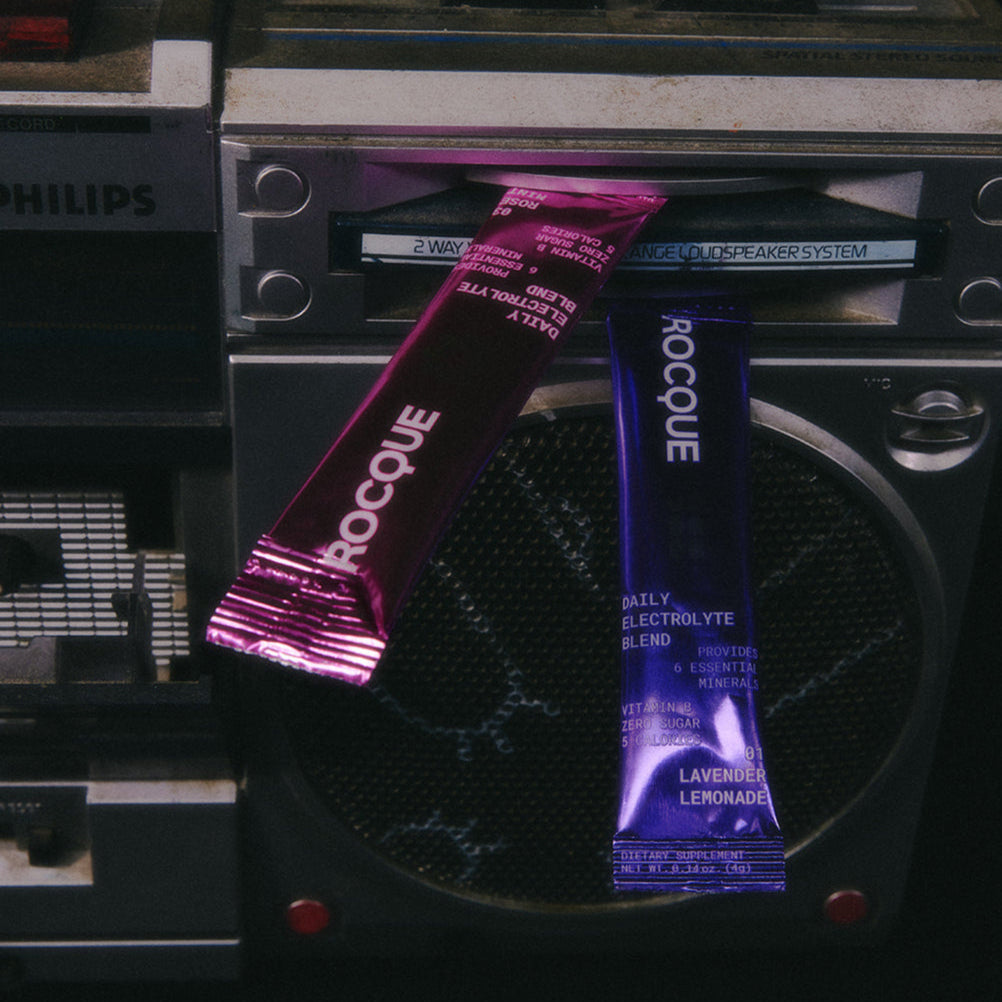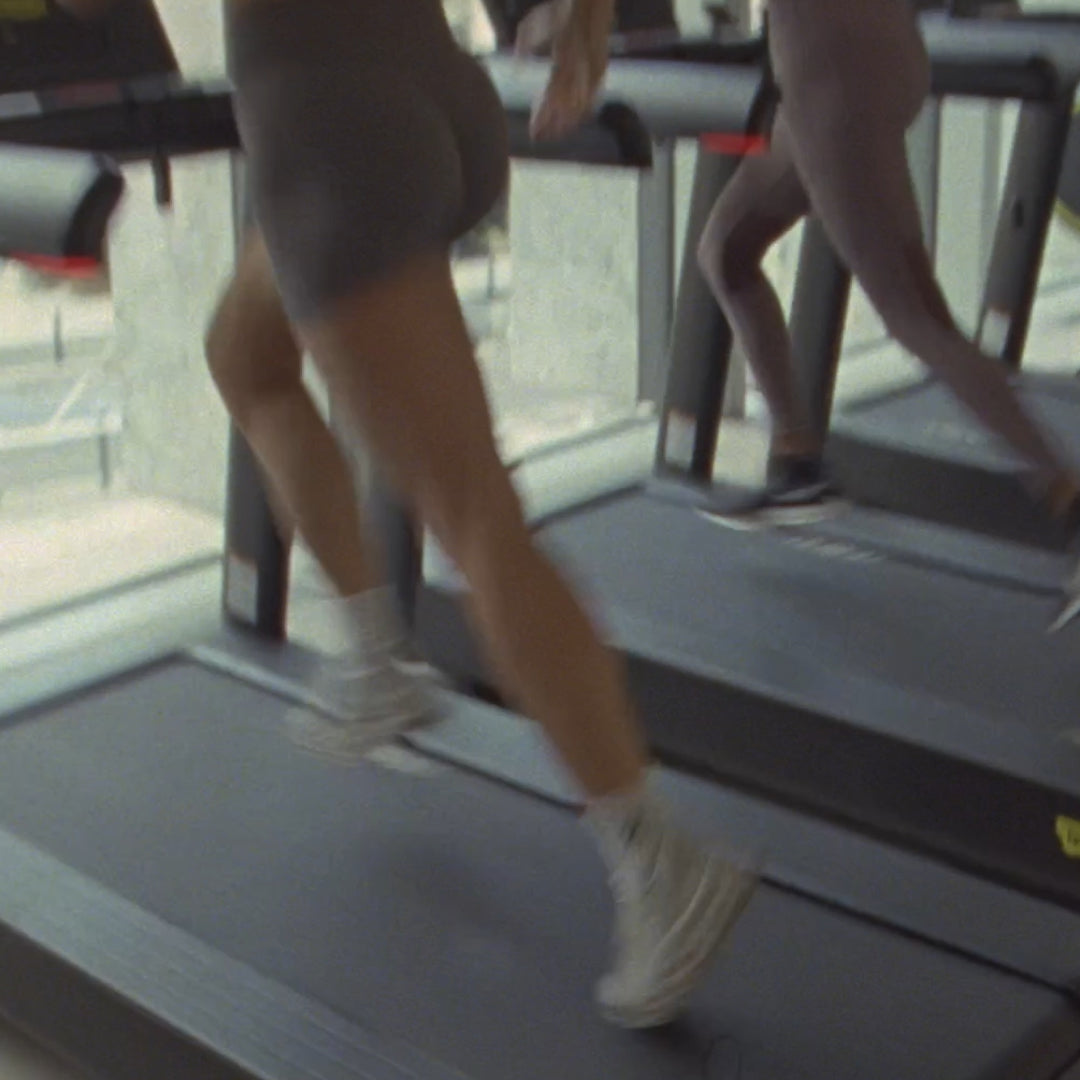Sodium – More Than Just Salt: A Key Electrolyte for Hydration and Performance
Sodium often gets a bad reputation—frequently linked to high blood pressure and cardiovascular disease. But emerging research shows that for healthy, active individuals, sodium is a vital nutrient. It plays a central role in hydration, nerve function, and muscle performance. Here's why sodium matters, how it functions in the body, and why you shouldn't be afraid of including it in your daily routine—especially if you're physically active.
The Role of Sodium in the Body
Sodium does much more than flavor your food. It’s essential for maintaining health and physical performance:
-
Fluid regulation: Helps control extracellular fluid balance and osmotic pressure.
-
Nerve signaling: Crucial for the transmission of electrical impulses throughout the nervous system.
-
Blood pressure support: In balanced amounts, supports proper blood pressure levels.
-
Nutrient transport: Assists in the absorption of glucose and amino acids through cell membranes.
The human body requires at least 500 mg of sodium per day, and for active individuals, daily needs are significantly higher (Titze, 2008).
Why Athletes Need More Sodium
During intense exercise, sodium is lost in sweat—anywhere from 0.5 to 3 grams per hour, depending on training intensity and environmental conditions (Veniamakis et al., 2022; Ranchordas et al., 2017).
Failing to replace sodium can lead to hyponatremia, a condition marked by fatigue, weakness, confusion, and in severe cases, loss of consciousness. That’s why both recreational and elite athletes must monitor and replenish sodium levels during prolonged physical activity (Evans et al., 2017).
Sodium and Hydration: The Hydration Link
Sodium isn’t just critical for muscle and nerve function—it’s also vital for cellular hydration. Studies have shown that beverages containing sodium hydrate more effectively than water alone. Sodium helps retain fluids and stimulates thirst—two mechanisms that ensure better recovery and fluid balance (Shirreffs & Maughan, 1998).
Without sufficient sodium, the brain may suppress thirst cues too early, resulting in incomplete hydration. Including sodium in your hydration strategy—like through electrolyte blends—enhances post-exercise recovery and fluid replenishment (Stachenfeld, 2008).
The Beverage Hydration Index (BHI) supports this, showing that sodium-containing drinks are more effective than plain water in maintaining hydration.
The Hidden Risks of Low-Sodium Diets
Excessively low sodium intake can activate hormonal responses in the body, such as the release of aldosterone and renin, which paradoxically can raise blood pressure.
Low-sodium diets also increase the risk of hyponatremia, especially in people who overhydrate or have underlying health conditions. Symptoms include muscle cramps, fatigue, disorientation, and—at worst—neurological damage (Titze, 2008).
Conclusion: Sodium is Your Ally, Not Your Enemy
Sodium is an essential electrolyte that supports hydration, nerve signaling, and recovery. For active individuals, moderate sodium intake is beneficial and necessary. Rather than fearing sodium, aim to consume it in the right amount for your lifestyle and activity level.
Rocque’s formula includes 400 mg of sodium, a dose carefully selected to meet the physiological demands of active people and support hydration at a cellular level.
References
-
Evans, G.H., Shirreffs, S.M. & Maughan, R.J. (2017). The effects of repeated familiarisation to hypohydration on hypohydrated exercise performance. European Journal of Applied Physiology, 117(9), pp. 1821–1834.
-
Ranchordas, M.K., Rogerson, D. & Ruddock, A. (2017). Nutrition for health and performance: Elite and recreational athletes. Journal of Sports Sciences, 35(19), pp. 1916–1921.
-
Shirreffs, S.M. & Maughan, R.J. (1998). Volume repletion after exercise-induced volume depletion in humans. American Journal of Physiology, 274(5), pp. F868–F875.
-
Stachenfeld, N.S. (2008). Acute effects of sodium ingestion on thirst and drinking behavior. Journal of the American College of Nutrition, 27(4), pp. 510–520.
-
Titze, J. (2008). Sodium balance is not just a renal affair. Current Opinion in Nephrology and Hypertension, 17(4), pp. 370–374.
-
Veniamakis, E., Ruddock, A.D. & Ranchordas, M.K. (2022). Salt losses in elite athletes: A critical review. Frontiers in Physiology, 13, Article 765849.




